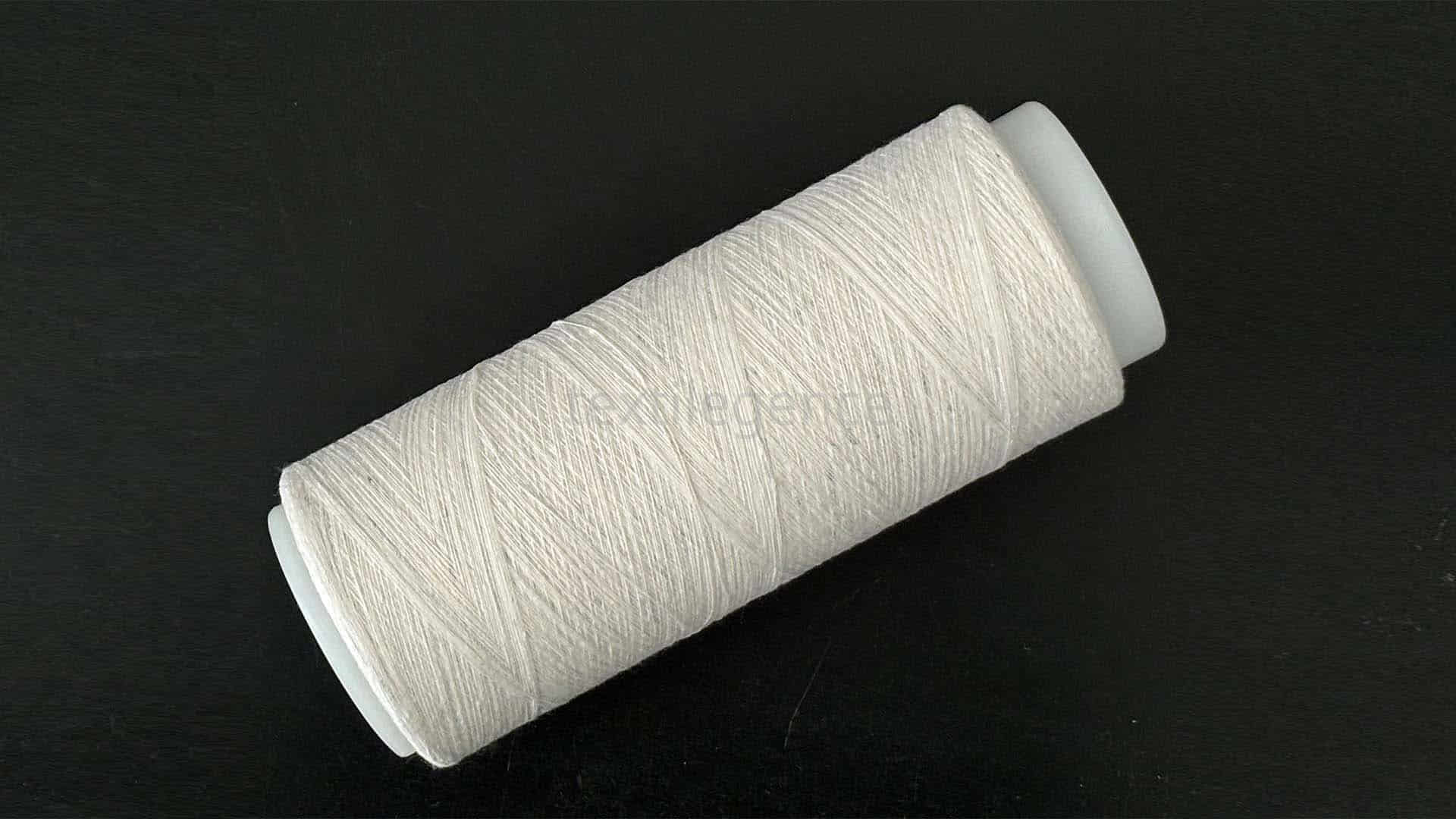Global technology specialist Epson and Hong Kong Research Institute of Textile and Apparel Limited (HKRITA) have signed a joint development agreement to create an innovative dry fiber recycling solution. Through this collaboration, textile products that are difficult to recycle will be recycled with special ‘Dry Fiber Technology’ to extend their lifespan. It is also aimed to meet the increasing global need for recycled fibers with this technology.
In Europe, the movement to produce recycled fiber from unwanted clothing is gaining momentum. Particularly, countries are taking action to increase the proportion of recycled fibers used and to limit the use of petroleum-derived synthetic fibers. HKRITA, a Hong Kong-based R&D centre, also offers expert solutions to provide innovative products to the textile, apparel and fashion industry.

Epson will accelerate the use of recycled fiber with new technology
Currently, a machine called a garnett is widely used in the textile recycling process to separate the fibers in waste material. However, garnetts cannot effectively separate the fibers of some of the most common textiles in the clothing market, such as tightly woven fabrics used for dress shirts and bed linen, and elastic blended fabrics used for functional garments. Epson aims to solve this problem by using Dry Fiber Technology to create a process to separate the fiber of elastic blended fabrics and tightly woven fabrics.
This solution will help to greatly accelerate the use of recycled fibers by making it possible to separate fibers from challenging textiles such as functional garments, linens and dress shirts, as well as from factory mill ends, unsold pieces of clothing and unwanted fabrics. The company aims to implement this technology as soon as possible.
What is Dry Fiber Technology?
Dry Fiber Technology, independently developed by Epson, enables the creation of new value from post-consumer paper, wood, clothing and other fibrous wastes and used products. Along with creating recycled fiber production solutions, Epson produces new paper and packaging materials from used paper and other raw materials. It is also developing stronger and more durable recycled plastics and bio-based plastics.
